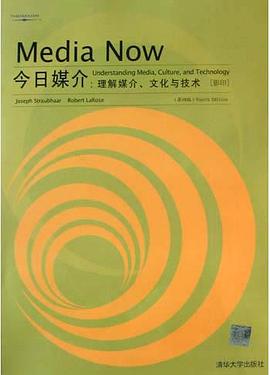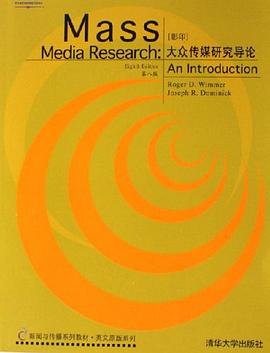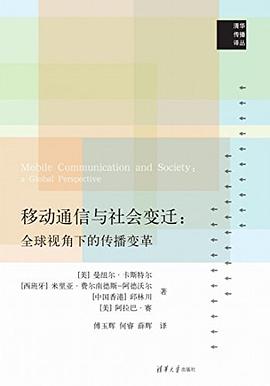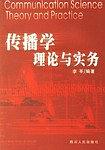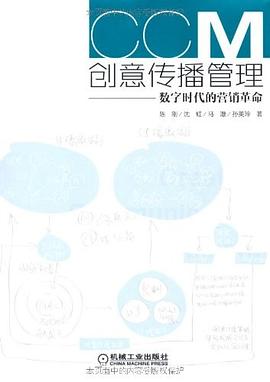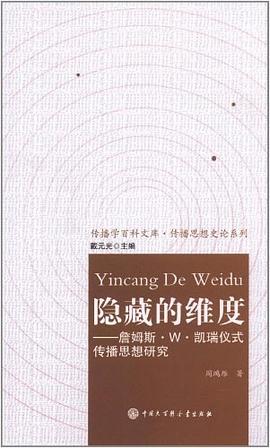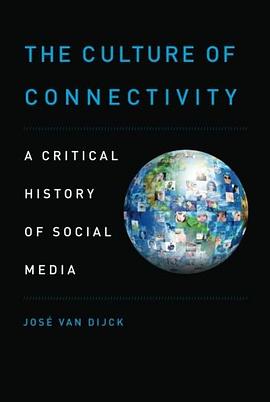

Social media has come to deeply penetrate our lives: Facebook, YouTube, Twitter and many other platforms define many of our daily habits of communication and creative production. The Culture of Connectivity studies the rise of social media in the first decade of the twenty-first century up until 2012, providing both a historical and a critical analysis of the emergence of major platforms in the context of a rapidly changing ecosystem of connective media. Such history is needed to understand how these media have come to profoundly affect our experience of online sociality. The first stage of their development shows a fundamental shift. While most sites started out as amateur-driven community platforms, half a decade later they have turned into large corporations that do not just facilitate user connectedness, but have become global information and data mining companies extracting and exploiting user connectivity. Author and media scholar Jose van Dijck offers an analytical prism to examine techno-cultural as well as socio-economic aspects of this transformation. She dissects five major platforms: Facebook, Twitter, Flickr, YouTube, and Wikipedia. Each of these microsystems occupies a distinct position in the larger ecology of connective media, and yet, their underlying mechanisms for coding interfaces, steering users, and filtering content rely on shared ideological principles. At the level of management and organization, we can also observe striking similarities between these platforms' shifting ownership status, governance strategies, and business models. Reconstructing the premises on which these platforms are built, this study highlights how norms for online interaction and communication gradually changed. "Sharing," "friending," "liking," "following," "trending," and "favoriting" have come to denote online practices imbued with specific technological and economic meanings. This process of normalization, the author argues, is part of a larger political and ideological battle over information control in an online world where everything is bound to become social. Crossing lines of technological, historical, sociological, and cultural inquiry, The Culture of Connectivity will reshape the way we think about interpersonal connection in the digital age.
具體描述
讀後感
用戶評價
FB那章頗精彩,有遠見。互聯網研究裏少有的有細讀功夫的書。
评分FB那章頗精彩,有遠見。互聯網研究裏少有的有細讀功夫的書。
评分A detailed description of the history of primary gameplayer in the internet; A penetrating insight into how platformed sociality works in the connectedness and connectivity in modern media.
评分世界上怎麼會有這麼多叫Van Dijck的話嘮...新媒體研究最可怕的地方就在於,要文科齣生的人去分析網站的物性和技術結構,不懂數據結構不懂程式邏輯,就隻能從UI和隱私設定上來討論,沒辦法深入。其實書不算爛,作為入門教材來介紹些概念,或者當做研究模闆來用都成,再多就沒有瞭。
评分對於ANT和政經批判結閤這件事我真的接受無能(攤手
相關圖書
本站所有內容均為互聯網搜索引擎提供的公開搜索信息,本站不存儲任何數據與內容,任何內容與數據均與本站無關,如有需要請聯繫相關搜索引擎包括但不限於百度,google,bing,sogou 等
© 2025 onlinetoolsland.com All Rights Reserved. 本本书屋 版权所有


